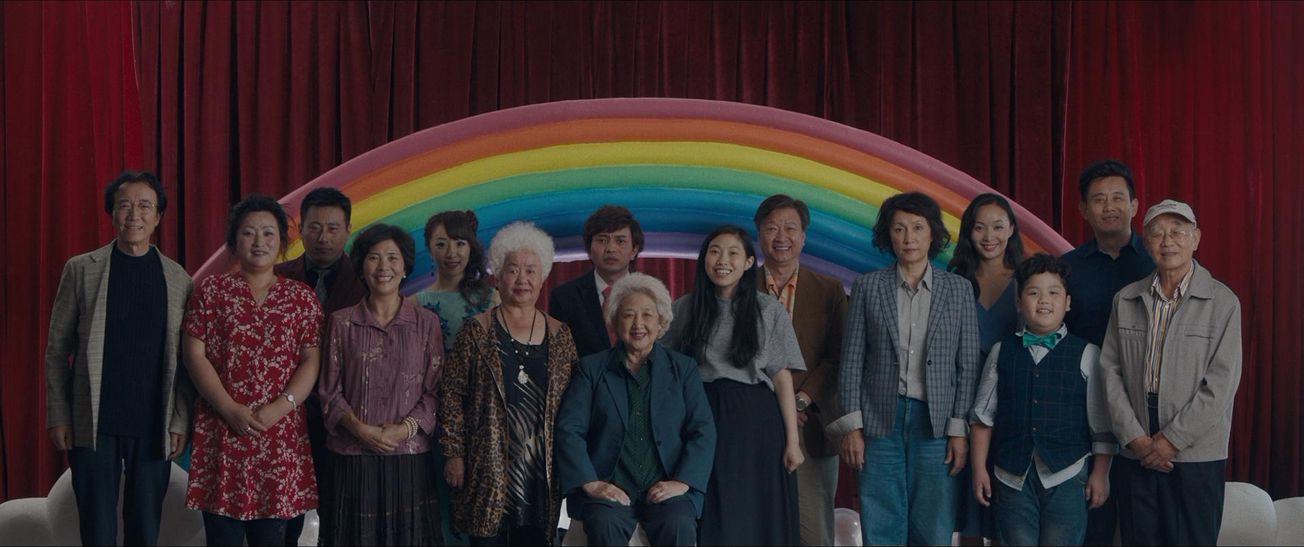By Shivani Chivukula, Third Year, Classical Studies
In honour of Chinese New Year, I decided to watch a film from each of these different ‘threads’ of Chinese-language cinema, to provide a very brief and incomplete overview of where a new watcher might begin. Despite the very different contexts of their productions, the following films gave me a sense of remarkable philosophical unity, in the sense of humour and compassion with which the directors treated their subjects.
In a previous Epigram article I wrote about Java Head (1934), an example of a western filmmaker fetishizing China as a land of exoticism and barbarism, framing it as a source of opium and women who inflame unnatural desires. It is no surprise that a white director from the 1930s was unable to comprehend the socio-political complexity of the country, a complexity that is reflected in the richness and nuance of its cinema. Critics and scholars tend to eschew the idea of a Chinese ‘national cinema’, favouring a distinction between the three cinematic traditions of mainland China, Hong Kong, and Taiwan.
Farewell My Concubine (1993)
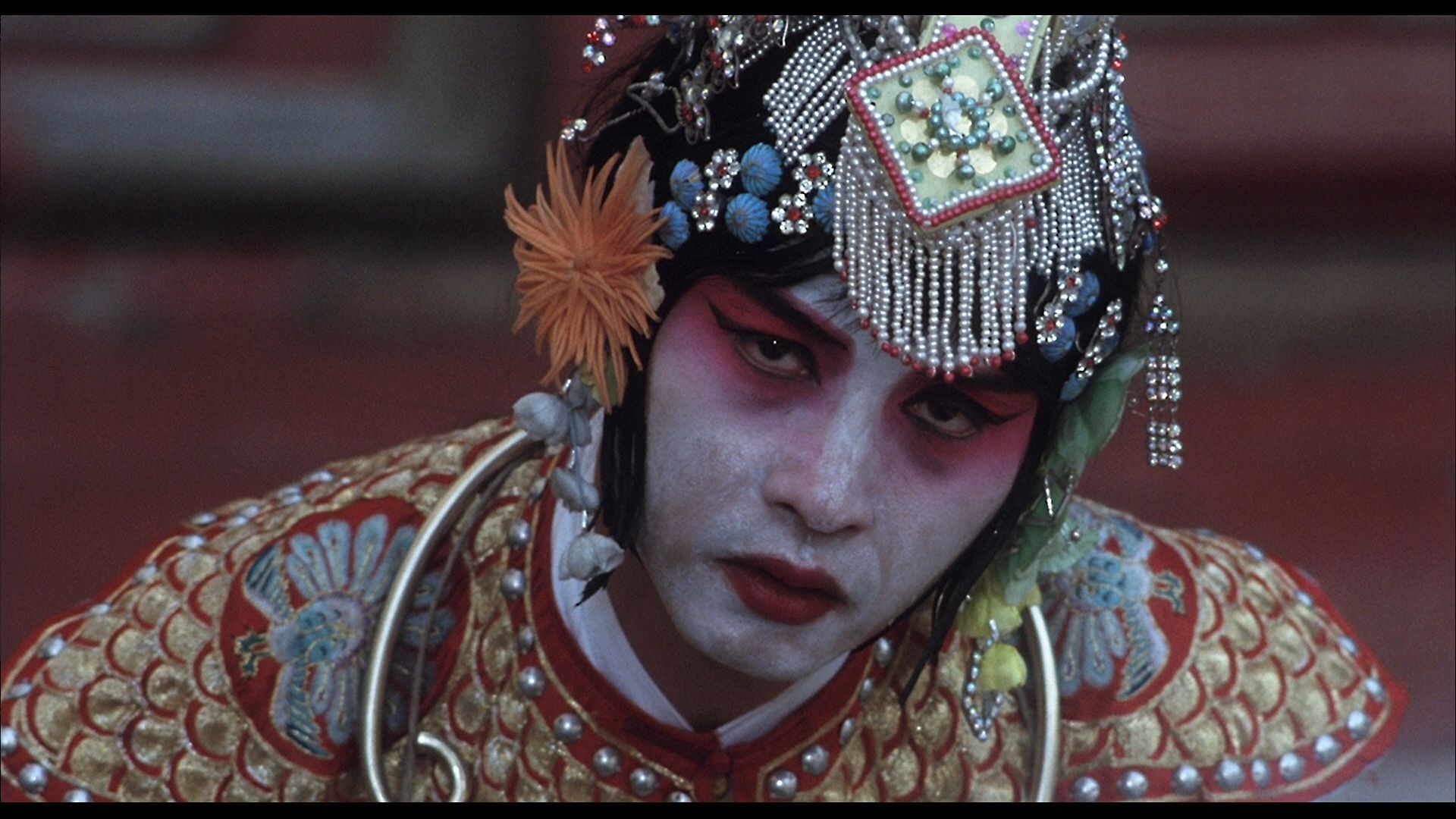
Chen Kaige’s lavish historical epic is typical of mainland China’s ‘Fifth Generation’ movement, dealing with the country’s highly troubled recent history. The film follows the lifelong friendship between two actors, Dieyi (Leslie Cheung) and Xiaolou (Zhang Fengyi), over the course of a period spanning the early Republic of China to after the Cultural Revolution. The two men are mostly powerless actors, and politically naïve; unlike Western protagonists, they are almost completely controlled by their erratic circumstances and rapidly changing society.
Farewell My Concubine was initially banned in China due to the depiction of violence perpetrated by Mao Zhedong’s government, which leads to the central duo being forced to publicly denounce each other to severe repercussions, as well as its exploration of themes such as homosexuality, sex work and suicide. The Peking Opera, where the characters live and work, is a deeply traditional, cultural institution in the throes of death, juxtaposed by the backdrop of communist China as we know it. The audience is shown the destruction of the artistic world by new standards of politics and morality; but even the old world is cruel and imperfect, with Dieyi’s extremely harsh early theatre life punctuated by physical and sexual abuse by power figures. The most striking element of this film are the extravagantly intricate and colourful costumes and set, which atmospherically echo the opera which has dominated the lives of these men.
Chungking Express (1994)
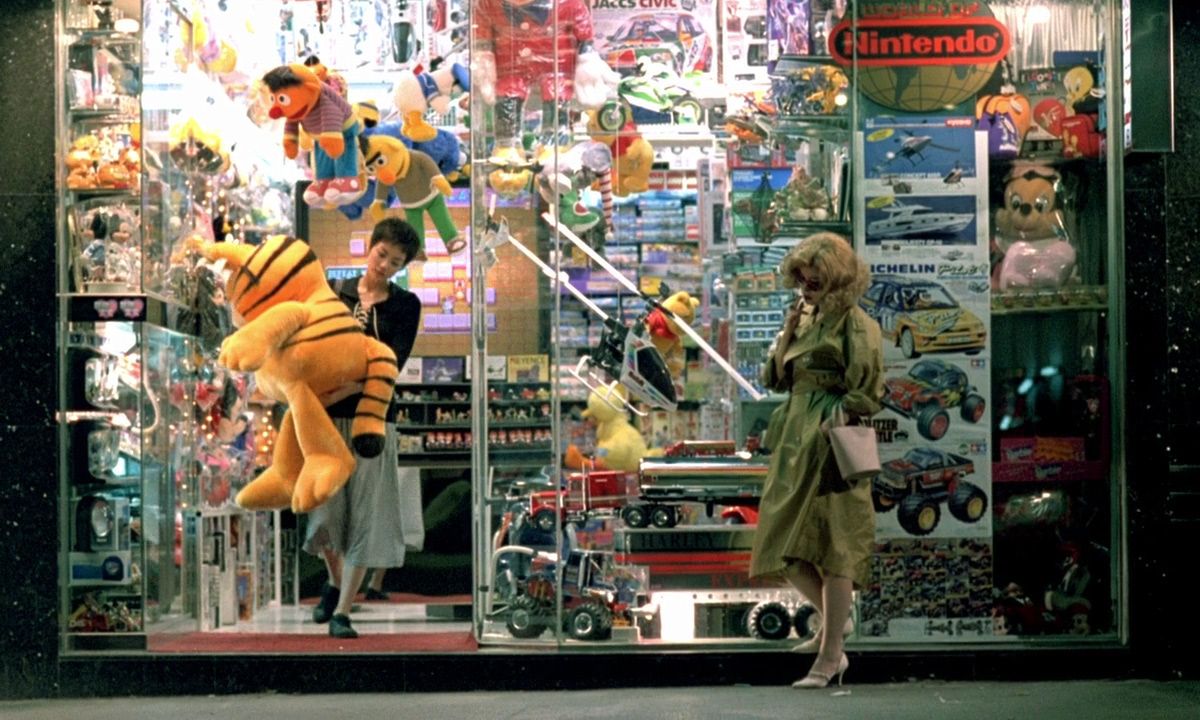
Chungking Express is, for good reason, often cited as an entry-point into the signature style of Wong Kar-wai, a leader of the cinematic ‘Second Wave’ that emerged in Hong Kong in the 1980s. A high-energy mashup of thriller, romance and comedy, the film follows two love-lorn policemen who have recently experienced breakups, and their encounters with new women: the first, a mysterious drug smuggler; the second, a young worker at a food stall. However, the central theme of the film, as the BFI’s Noah Cowan aptly puts it, is ‘the anxiety, velocity and instability of contemporary urban existence’. This is reflected in the loud, insistent music, the fragmented narrative structure, the bright and saturated colours, and the hazy, almost punch-drunk camera work which follows the action. Wong humorously shows us how, in the bustling city, everyone is deep in each other’s business, and even a fraction of a centimetre's overlap between two people is full of possibilities.
The Terrorizers (1986)
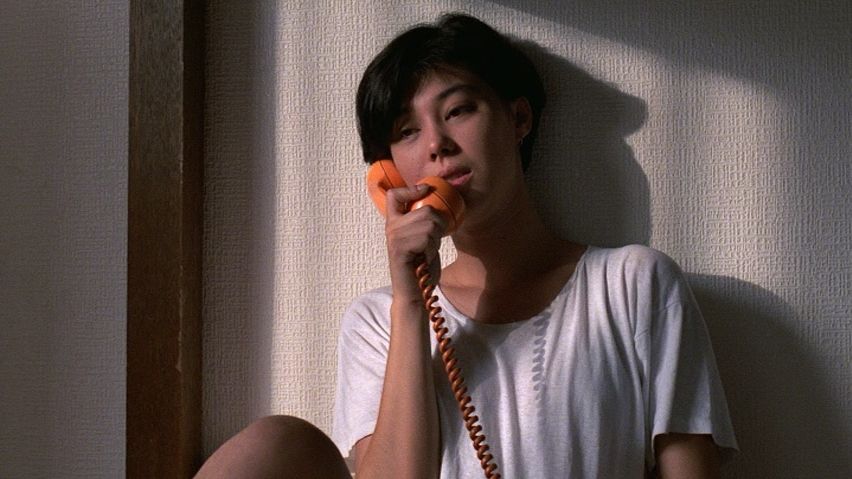
Edward Yang, a defining figure in Taiwan’s New Wave cinema, used film in a similar way to Wong Kar-wai: to tell varied, interconnected stories about the city and people of Taipei. Contrasting Wong’s exuberance, however, he mastered a slow, almost minimalist, style which the director himself likened to a puzzle to be put together by the audience. The Terrorizers follows a network of characters: a crooked doctor and his writer wife, whose affair is the only thing that can cure her writer’s block and crippling malaise; a young girl, fallen in with petty criminals, locked away in a dark apartment by her mother; and a photographer who, through his lens, almost mutely observes the people around him.
Taipei is presented as a lively concrete jungle which is underdeveloped and still riddled with the evidence of gun violence. The city is preferable, however, to the silent, stultifying luxury of a domestic apartment, from which the two main women each try to escape. The ingenuity of Yang’s work is in the depiction of how random interactions between strangers, such as a boredom-fuelled prank, can escalate into something dramatic, and even tragic.
The Farewell (2019)
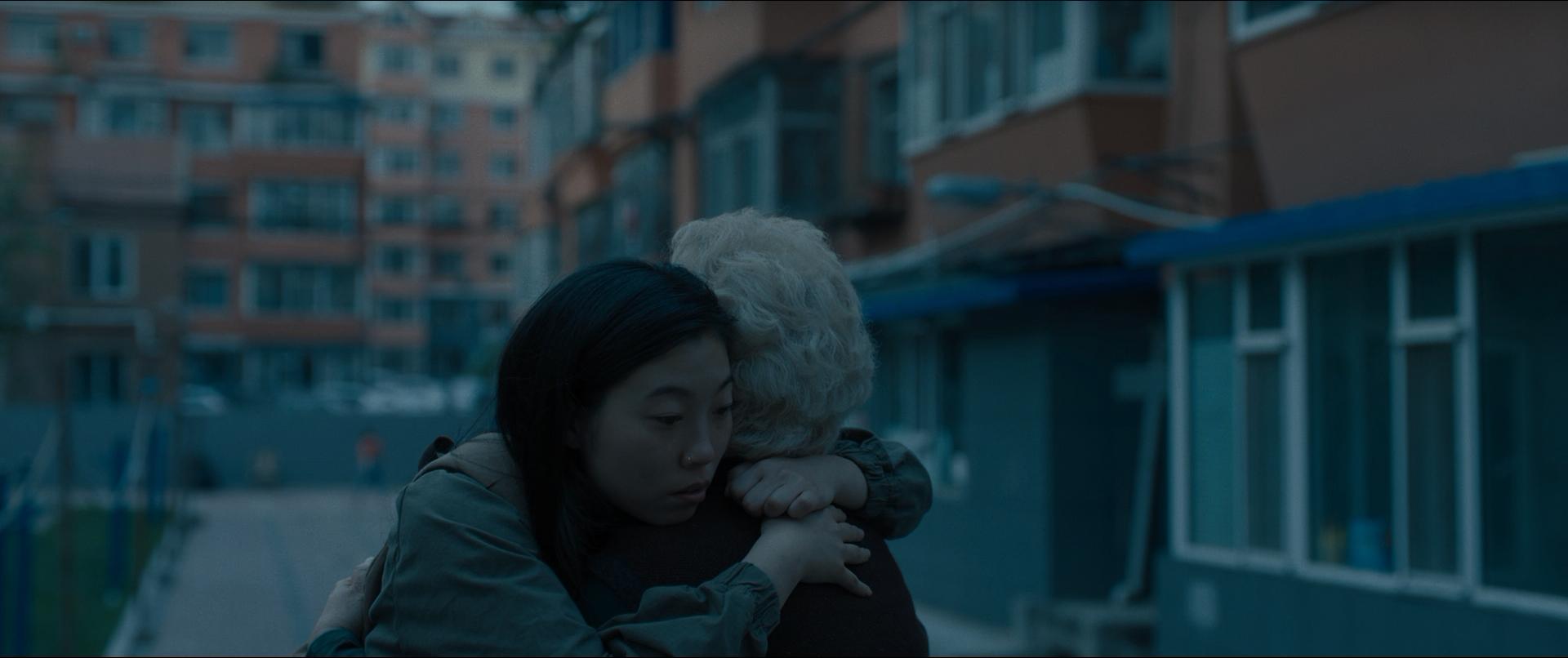
One cannot discuss ‘Chinese’ film without including Chinese-American movies, which blew into the Hollywood-studio mainstream once again with Crazy Rich Asians (2018). Awkwafina stars in both Crazy Rich Asians, and Lulu Wang’s The Farewell, which follows an extended family’s decision to not tell their grandmother that she has only a short time to live, instead throwing a wedding in China as an excuse to see her before she passes.
Billi (Awkwafina), struggles with the pretence, sure that her Nai Nai (paternal grandmother, played by Zhao Shuzhen) should know the truth; her family insist that the Chinese practice of collectivism, shouldering the emotional burden of death on Nai Nai’s behalf, is kindest. Nai Nai is at the heart of the family and the film: she sits in the centre of the frame during warmly-lit, traditional family meals; she imparts swathes of old-fashioned advice, which Billi accepts with good grace, because she knows that it’s the last she will get. Awkwafina’s performance, which won her a Golden Globe, is comic and painfully sad by turns, as we watch her navigate having a foot in two very different worlds. The Farewell treats the dissonance between competing sets of identities, values, and ways of showing familial love in a manner that resounds with any immigrant.
Malcolm & Marie is a puzzlingly dense film which asks big questions about love
‘Paris is Burning’: why the trailblazing documentary still shines in 2021
Featured: IMDb
How do you celebrate Chinese New Year?

